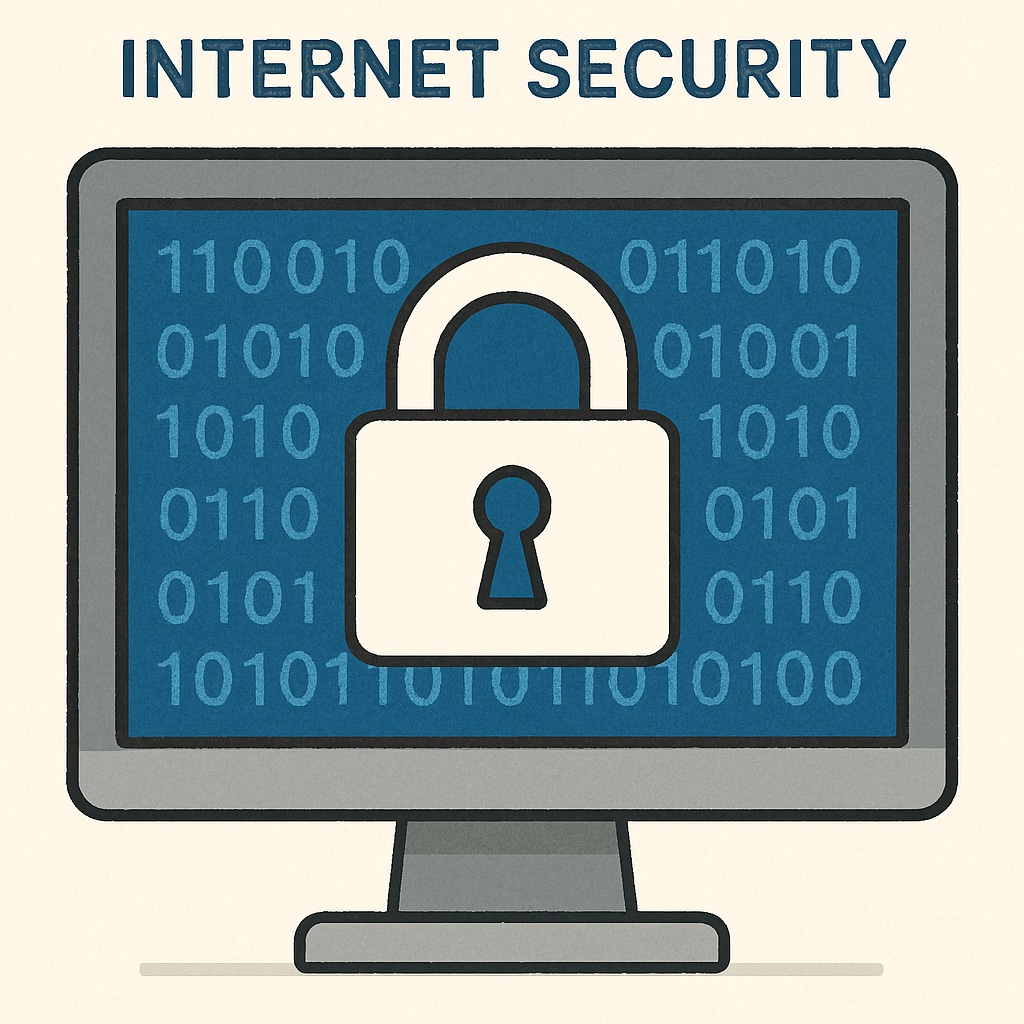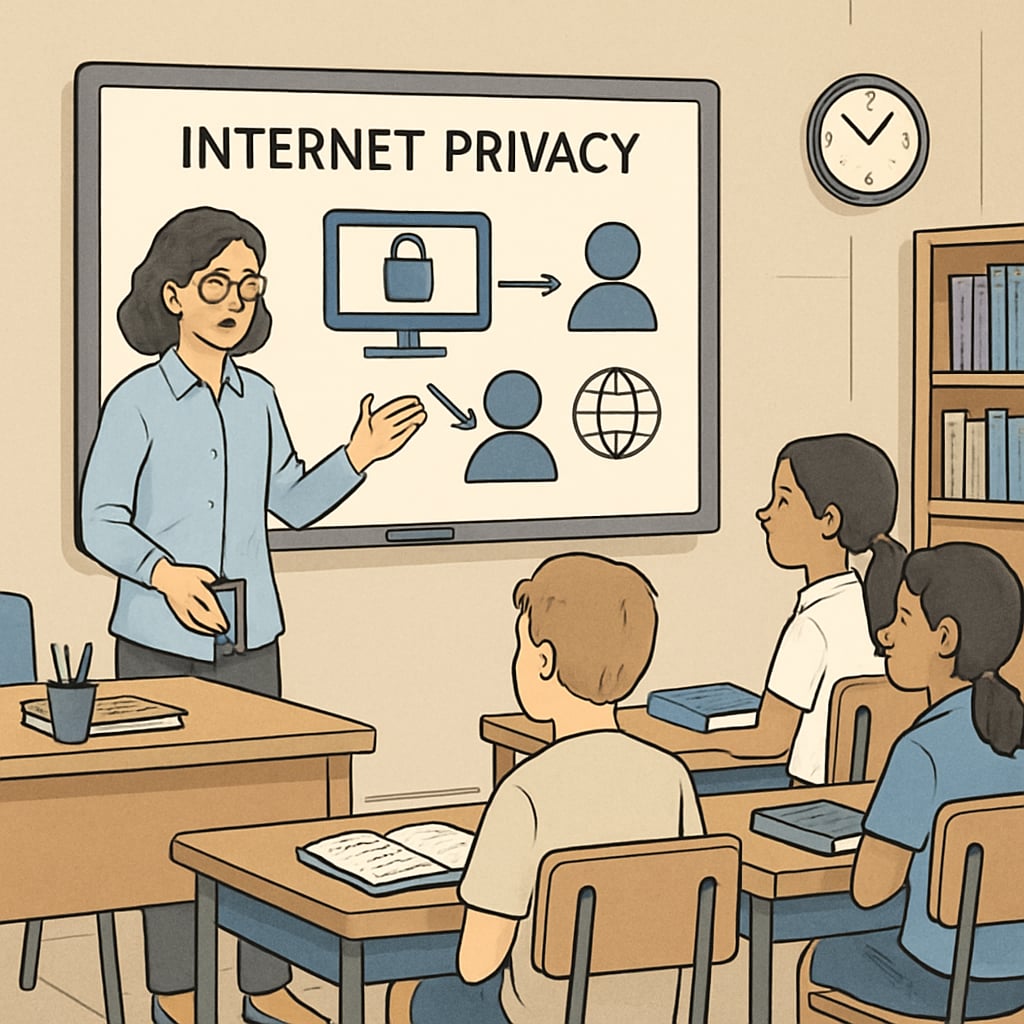The introduction of age verification laws in the UK has sparked an increase in VPN (Virtual Private Network) usage as users seek to bypass restrictions. This trend highlights the growing need for robust digital literacy and online safety education, particularly for the K12 demographic. While these laws aim to protect young internet users from inappropriate content, they also raise questions about privacy, responsible online behavior, and the role of education in addressing these challenges.

Understanding the UK’s Age Verification Laws
The UK’s recent age verification laws are designed to restrict access to adult content by requiring users to prove their age before engaging with certain websites. This initiative primarily aims to safeguard minors from exposure to harmful material. However, it has also led to unintended consequences, such as a surge in VPN usage. VPNs allow users to mask their location and bypass geographic restrictions, undermining the effectiveness of such regulations.
While the intention behind these laws is commendable, they highlight the complexity of balancing online safety with privacy concerns. For example, critics argue that requiring age verification could compromise personal data security, as users must share sensitive information to verify their age. This creates a paradox where efforts to protect minors could inadvertently expose them to other risks, such as data breaches.
The Role of VPNs: A Double-Edged Sword
VPNs are powerful tools that provide users with anonymity and protect their online activity from prying eyes. However, in the context of the UK’s age verification laws, VPNs are increasingly used by individuals, including minors, to evade restrictions. This has raised concerns about how effectively these laws achieve their intended purpose.
For young users, the availability of VPNs poses both opportunities and risks. On the one hand, VPNs can be educational tools that teach students about internet privacy and security. On the other hand, they can also enable harmful behaviors, such as accessing inappropriate content or engaging in cyber activities without accountability. This duality emphasizes the importance of teaching responsible VPN usage as part of comprehensive digital literacy programs.

Integrating Digital Literacy into K12 Education
In response to these challenges, K12 education systems must prioritize digital literacy and online safety. Teaching students about age verification laws, the ethical use of VPNs, and the broader implications of online privacy equips them with the knowledge to navigate the internet responsibly. Key components of such education could include:
- Understanding Online Privacy: Educating students about the importance of protecting personal data and recognizing the risks associated with sharing sensitive information online.
- Exploring Internet Laws: Introducing age-appropriate discussions on internet regulations, such as the UK’s age verification laws, and their implications for users.
- Promoting Responsible VPN Use: Highlighting the legitimate uses of VPNs, such as secure browsing and accessing educational resources, while discouraging their misuse.
- Critical Thinking: Encouraging students to evaluate online content critically and make informed decisions about their internet usage.
By incorporating these elements into the curriculum, schools can empower students to navigate the digital world safely and ethically. Additionally, involving parents in these discussions can reinforce the message at home, creating a cohesive approach to online safety.
Striking the Right Balance
The intersection of age verification laws, VPN usage, and digital literacy underscores the need for a balanced approach to online safety. Governments, educators, and parents must collaborate to protect minors while respecting their privacy and promoting responsible internet use.
For example, governments can explore alternative methods to enforce age restrictions without compromising data security, such as anonymous verification systems. Meanwhile, educators can focus on equipping students with the skills to navigate these challenges independently, fostering a generation of tech-savvy, responsible internet users.
Ultimately, the goal is to create an online environment where young users can explore, learn, and interact without fear of exploitation or harm. Achieving this requires a combination of effective legislation, innovative educational practices, and active parental involvement.
Readability guidance: This article uses concise paragraphs and lists to enhance readability. It incorporates transition words to ensure logical flow and keeps passive voice usage minimal. The content balances technical insights with accessible language, making it suitable for educators, parents, and policymakers.


